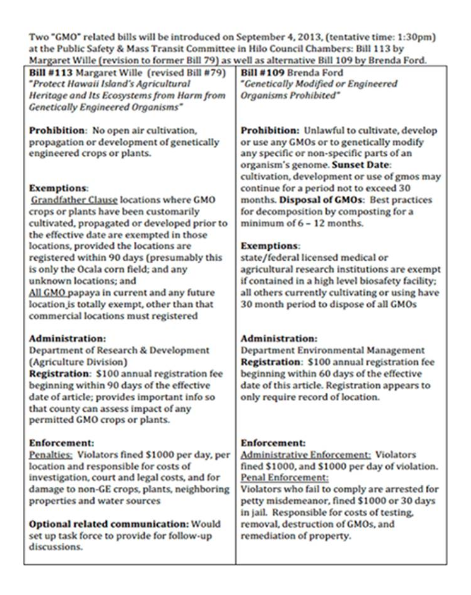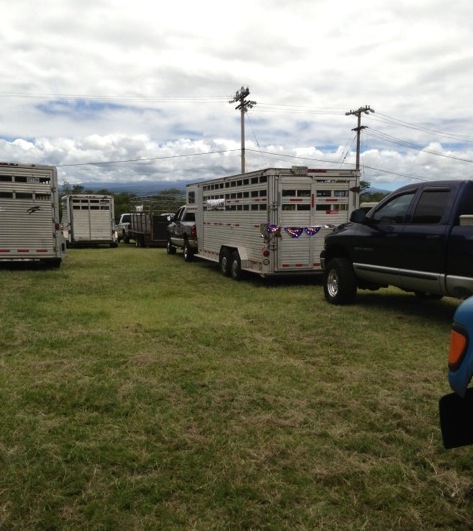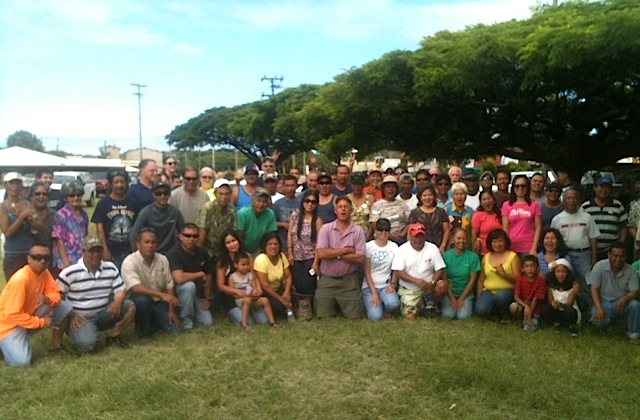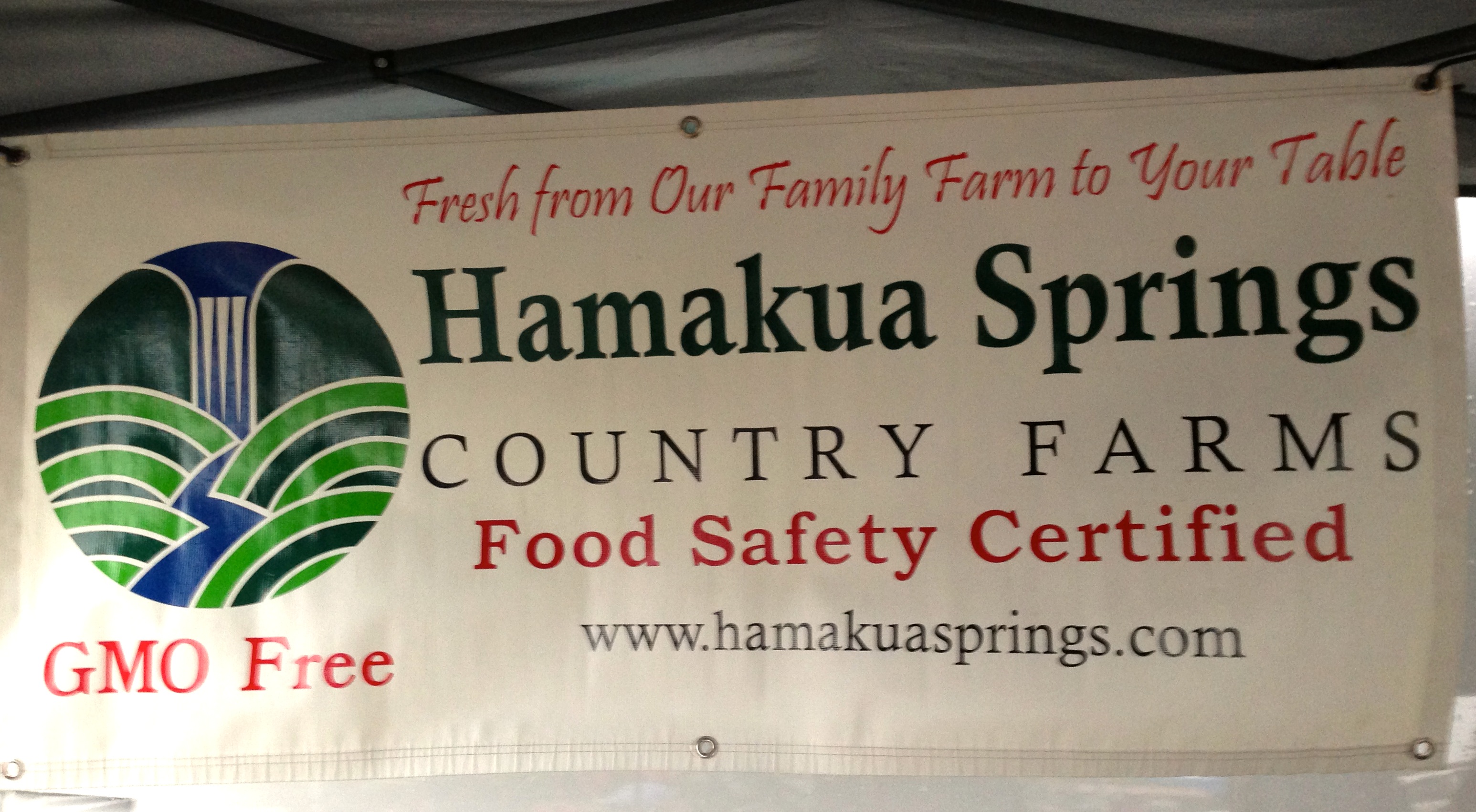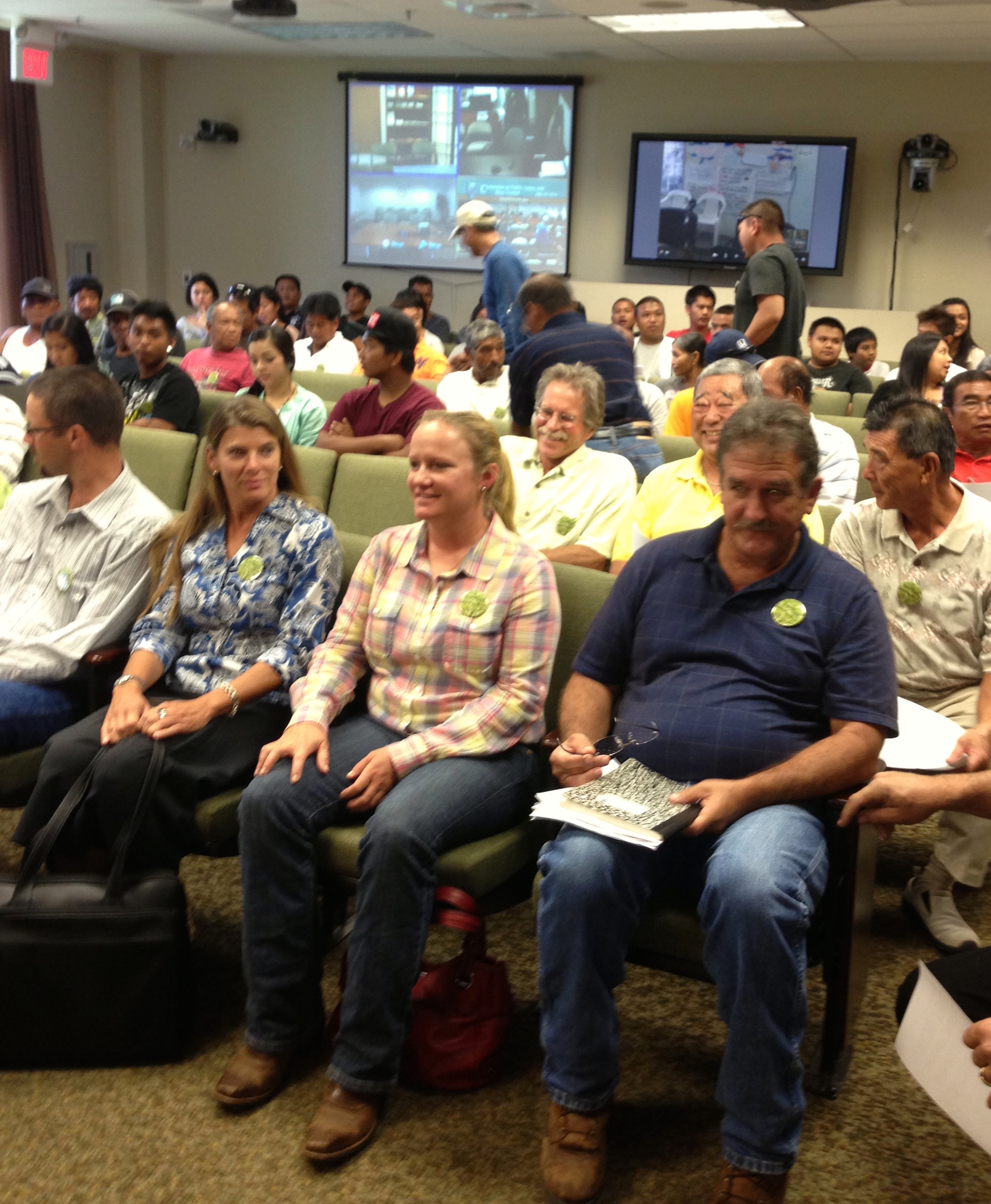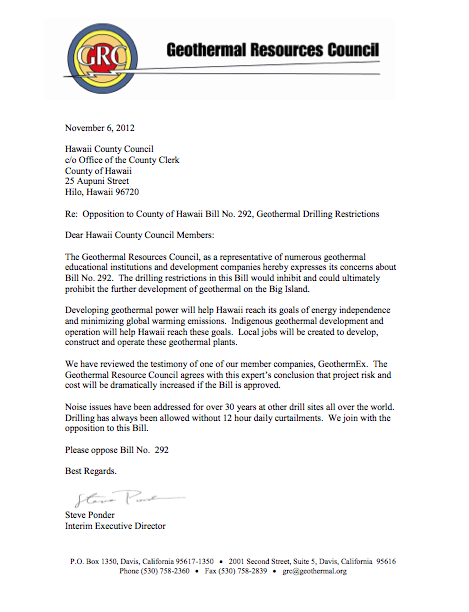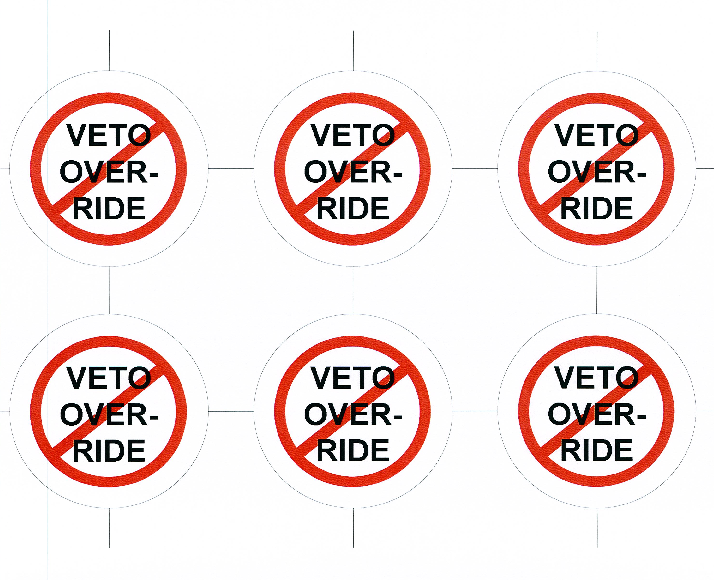Richard Ha writes:
This open letter to Hawaii County Councilperson Margaret Wille also appeared in today’s Hawaii Tribune-Herald. It is from the Hawaii Papaya Industry Association, and it is right on.
***
Open Letter to Margaret Wille
from Hawaii Papaya Industry Association
The Hawaii Papaya Industry Association (HPIA) strongly opposes any legislation that specifically targets food or crops made through genetic engineering. The global scientific consensus, reaffirmed by every major science organization and regulatory oversight body in the United States, is that GMOs are as safe as conventional and organic agriculture.
Hawaii farmers produce the best tasting papaya on the planet and papaya is always ranked in the top five healthiest fruits for human consumption. Any anti-GMO legislation would sharply limit the tools that Hawaii farmers can use to produce their crops, and by association it would taint Hawaii’s worldwide reputation for the highest quality papaya. The real intent of local anti- GMO legislation is to prohibit all GMO’s and to ultimately destroy Hawaii’s papaya industry.
We respectfully request Councilwoman Wille to publicly endorse our GMO “Rainbow” papaya as having no adverse impact on the environment and that our papaya fruit is safe, wholesome and nutritious. The so-called exemption for papaya production in Bill 113 is meaningless because any anti-GMO bill would cast a negative shadow on Hawaii papaya, harm our markets and eventually destroy our industry.
Hawaii imports 85% of its food and over 70% of those imports contain genetically engineered ingredients. Yes, much of the bread, milk, meat, cereal, beer, soda, and most all of the food we buy contains GMO ingredients or comes from animals that are fed GMO feed. These anti-GMO Bills are the first step in the political process to take those foods from our shelves.
Prohibiting Hawaii County farmers from using USDA, EPA and FDA approved GMO crops will put us at a competitive disadvantage. We will be prohibited from using virus resistant GMO crops to protect Hawaii from the next papaya virus strain, banana bunchy top virus, tomato spotted wilt and other vegetable viruses, or the bacterial citrus greening disease that is destroying the Florida citrus industry and may soon come to Hawaii. Furthermore, this bill will stop development of GMO ornamental and floral crops with enhanced horticultural or disease resistant characteristics. How will Hawaii County farmers and ranchers compete when everyone but us has access to GE technology? That is why the Big Island Banana Growers Association, Hawaii Cattlemen Association, and the Hawaii Floral Industry have joined with the Hawaii Papaya Industry to oppose these Bills.
Ms. Wille may have political, philosophical or religious reasons for banning GMOs on Hawaii Island, but any claim based on safety to human consumption and the environment is not supported by scientific evidence. Not one major international science body anywhere in the world questions the scientific consensus. Independent oversight and research organizations in every major country in the world, in industrialized countries and developing countries—more than 100 of them—have reviewed the evidence on the safety and health of genetically modified crops and issued reviews of the research and statements on this issue.
Here are just a few of the summary statements of the world’s leading science organizations:
American Association for the Advancement of Science
“The science is quite clear: crop improvement by the modern molecular techniques of biotechnology is safe.”
World Health Organization
“No effects on human health have been shown as a result of the consumption of such foods by the general population in the countries where they have been approved.”
National Academy of Sciences
“No adverse health effects attributed to genetic engineering have been documented in the human population.”
American Medical Association
“There is no scientific justification for special labeling of bioengineered foods.Bioengineered foods have been consumed for close to 20 years, and during that time, no overt consequences on human health have been reported and/or substantiated in the peer-reviewed literature.”
European Commission
“No scientific evidence associating GMOs with higher risks for the environment or for food and feed safety than conventional plants and organisms.”
French Academy of Science
“All criticisms against GMOs can be largely rejected on strictly scientific criteria.”
Union of German Academics and Scientists
“In consuming food derived from GM plans approved in the EU and in the USA, the risk is in no way higher than in the consumption of food from conventionally grown plants. On the contrary, in some cases food from GM plants appears to be superior in respect to health.“
The HPIA agrees with the science. Genetically engineered crops grown in Hawaii and the rest of the world pose no more risk to human health than any other method of plant breeding. Therefore, we are opposed to any politically imposed restriction on GMO’s for all farmers and ranchers in Hawaii County.
Our GMO “Rainbow” papaya is safe and we challenge anyone to bring forth any scientific consensus to the contrary. Any anti-GMO legislation in Hawaii County taints our reputation for producing the world’s best papaya. Such legislation—clearly not grounded in science—would result in the destruction of Hawaii’s papaya business.
The HPIA respectfully requests that Councilwoman Wille withdraw Bill 113. Any exemption for papaya without a clear public endorsement that GMO “Rainbow” papaya is safe, wholesome and nutritious is meaningless. We stand shoulder to shoulder with the Hawaii Nurserymen and women, Hawaii Cattlemen and Big Island Banana Growers Association and do not want an exemption for our industry that would restrict the innovative tools necessary for our future and our fellow Big Island Farmers and Ranchers.

